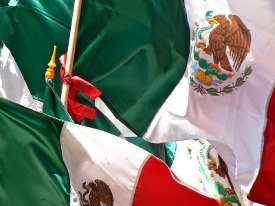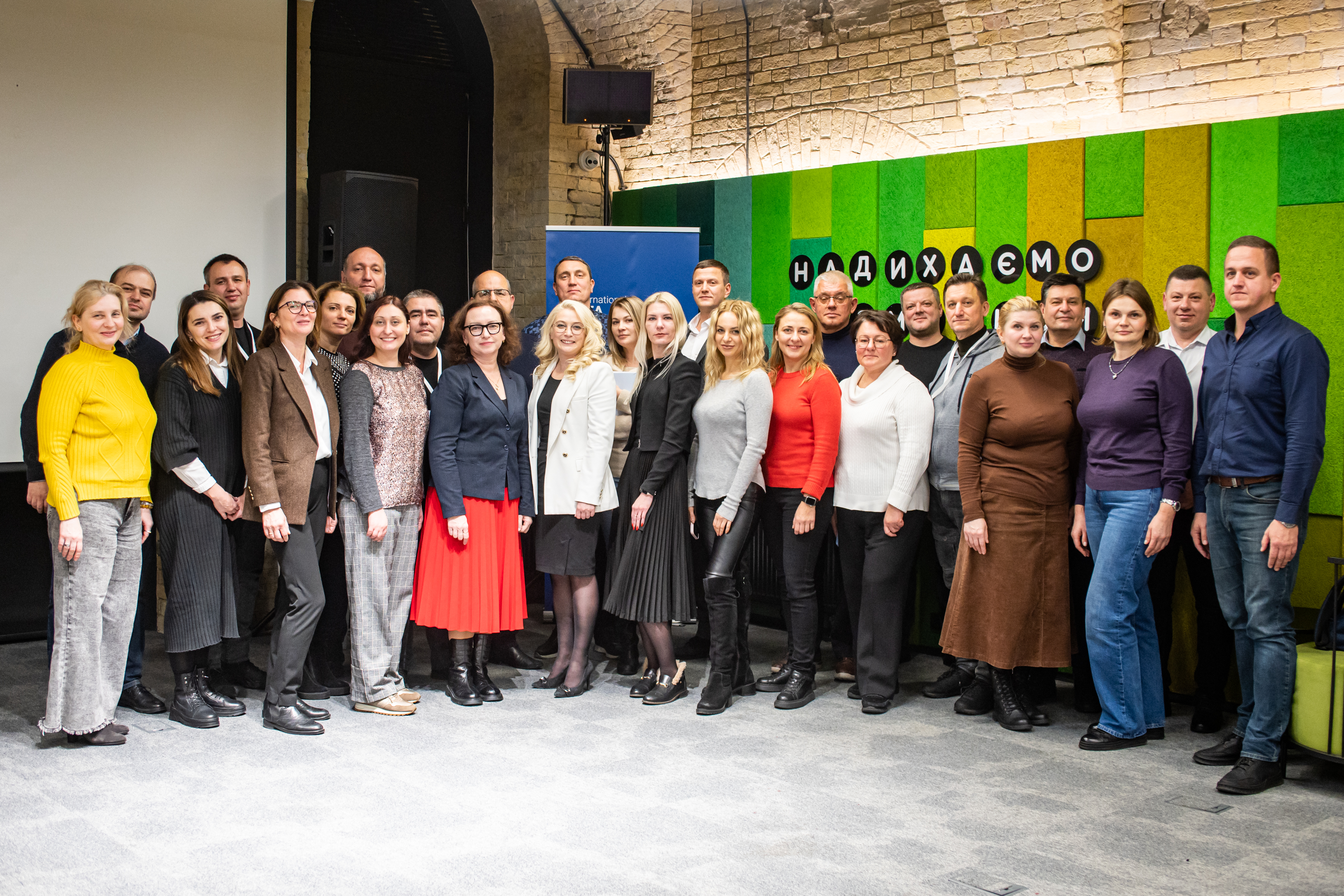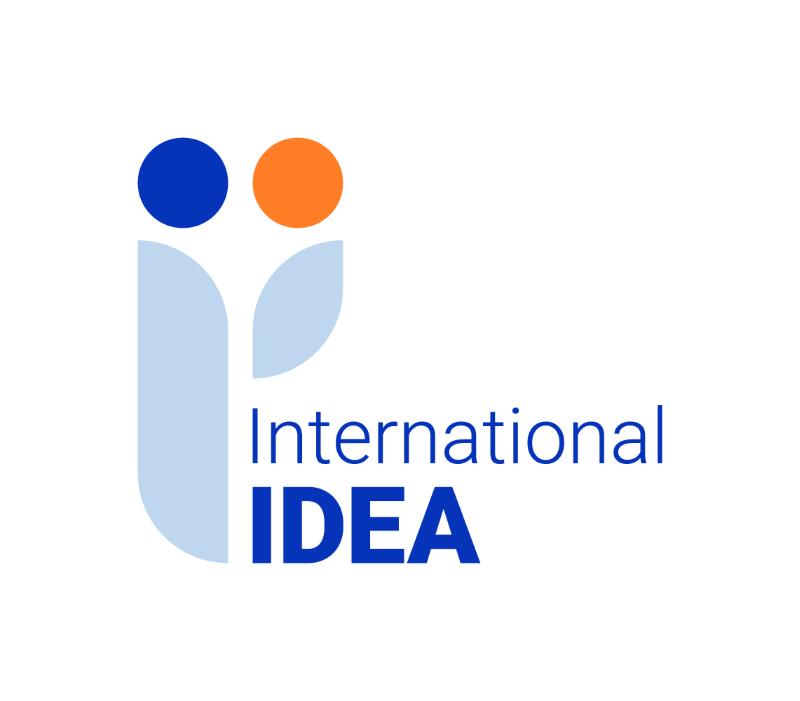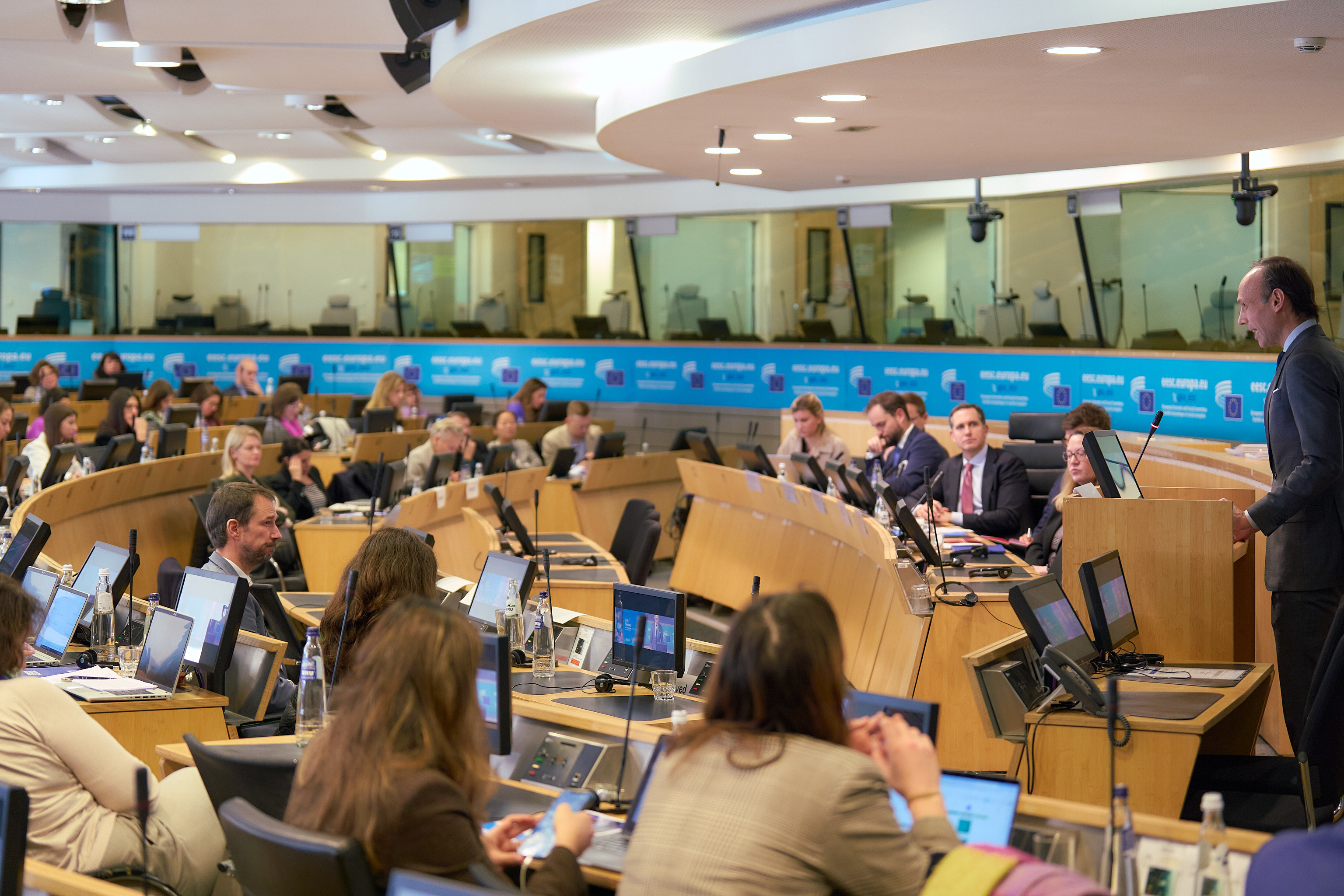
A crucial election will take place in Mexico this Sunday where a large number of seats on both federal and local level are up for renewal. In addition this election is the first test for the new electoral model, reformed in 2014, and could significantly change the political landscape ahead of the 2018 presidential election. This complex election also comes with a host of issues.
In addition to the federal election, where 500 seats in the Chamber of Deputies are up for renewal, local elections will be held in 16 out of 31 states, including nine governorships and hundreds of mayorships. In the states of Guerrero, Michoacan, Nuevo Leon, Queretaro, San Luis Potosi and Sonora, where locals will elect a new governor, there has been a recent switch in power. The states of Campeche and Colima have witnessed highly contested races and in Baja California Sur the three major political parties currently rule.
The federal legislative elections will be a good measurement of success, or lack of success, for incumbent president Enrique Peña Nieto as he finishes his sixth term in office. This election is also a chance for those Mexicans who are disappointed with politics, after having seen their income lowered and services diminished, to send an early message to the ruling parties.
But That Is Not All
The complex political issues aside these mid-term elections also pose a huge organizational and logistical challenge as more than 83 million Mexicans are eligible to vote. Adding to the complexity is also the test of the so-called “New Mexican Electoral Model” the purpose of which is to guarantee greater fairness in the race, particularly in the field of auditing pre-campaign and campaign expenses.
The 2014 reform for example states that the election can be invalidated if candidates have exceeded the limit imposed on campaign expenses by more than 5 percent, have been found to have bought time on radio and television or have received illegal funding. The deadlines to report campaign incomes and expenses have also been drastically shortened, which gives observers a good idea of how sensitive the process under way is.
Also adding to the challenge is that the new Mexican electoral system has been reworded to achieve greater gender equality in political representation and, for the first time in several federal institutions independent candidates can now run for all posts.
We will have a better overall understanding of this election and the difficulty in guaranteeing equality if we also put it in the context of insufficient economic growth, inequality and poverty and risks stemming from social and political mistrust.
In spite of the improvements when it comes to transparency, accountability and anti-corruption possible low voter turnout, election boycott by radical groups as well as political violence could contribute to instability.
Last week International IDEA and the UNAM Judicial Research Institute, with the support of the UNAM Attorney General Office and the participation of the three leading national electoral institutions held a seminar in Mexico to discuss these matters. During this time it was discussed that it is deemed necessary to make adjustments in the new Mexican electoral model. The current design and implementation fail to address existing complexities. In that exercise, International IDEA will support the national actors in Mexico in continuing to draw lessons and to share them with other national and sub-regional contexts.



